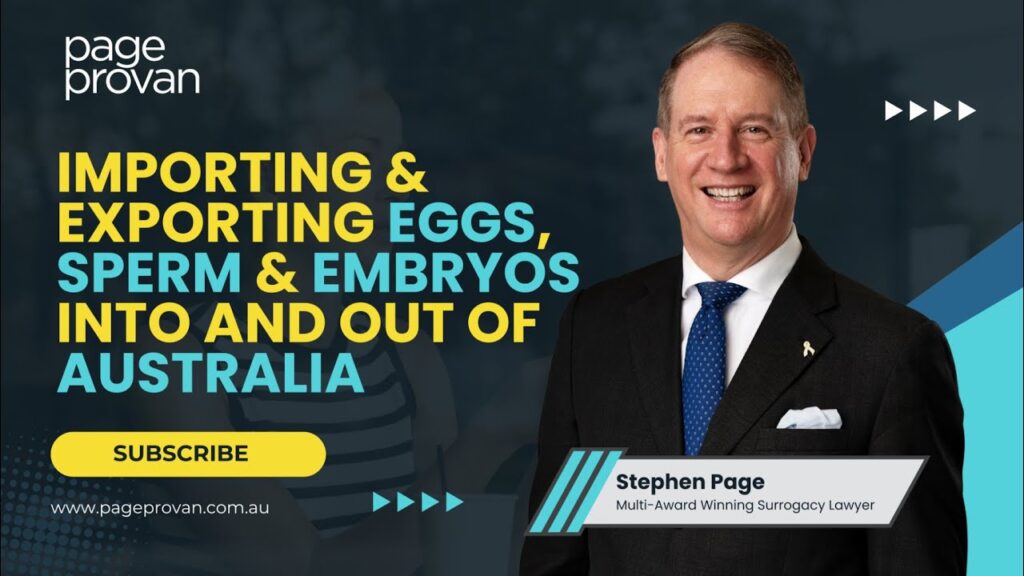Family Court judges can now be forced to take a break, counselling
Recent changes give the heads of the Family Court and Federal Magistrates Court the power to force other judges to deliver judgments on time, take a break, and if necessary go to counselling.
The changes, to the Family Law Act and the Federal Magistrates Act, have strengthened the hands of the Chief Justice and Chief Federal Magistrate respectively.
Under the changes:
- the Chief Justice and Chief Federal Magistrate can do the following:
- determine which judges are to sit on the Full Court, or the court in particular types of matters;
- assign caseloads, classes of cases or particular functions to judges [ and no doubt the reverse- if the Chief Judge were of the view that a particular judge is not performing, remove caseloads or classes of cases];
- temporarily restrict a judge to non-sitting duties [ for example if a judge is unable to perform due to personal issues, or needs more time to write judgments];
- ensure that judges have annual checkups, short-term counselling, and judicial education.
- the Family Law Act has also been amended so that the Chief Justice can now enter into contracts on behalf of the court up to $250,000 without first obtaining approval of the Attorney-General. This should speed up the paper trial of bureaucracy in many adminstrative steps.
The powers should hand to the chiefs potent weapons in particular to ensure that judgments are completed in a timely manner. Until these changes, the method of complaining about judges who did not deliver judgments within the usual 3 months was to have the President of the Law Society or Bar Association to write to the Chief Justice or Chief Federal Magistrate. It was hoped that the complaint, by shining a light on the delays of the slow judge, would cause that judge to speed up judgment. Unfortunately, that did not always happen. Sometimes, no doubt due to the extreme workload, judgment has been delivered up to a year after the trial.
In exercising their powers to move judges and their workloads around, the two chiefs in these new administrative powers, now have the usual immunity that they have as judges. This no doubt was included so as to avoid a repeat of the jailing (then release) of the then Queensland Chief Magistrate Di Fingleton. Ms Fingleton was prosecuted out of a dispute which arose from her seeking to take action against a fellow magistrate. The High Court ultimately held that she was entitled to immunity and should not have been charged.












